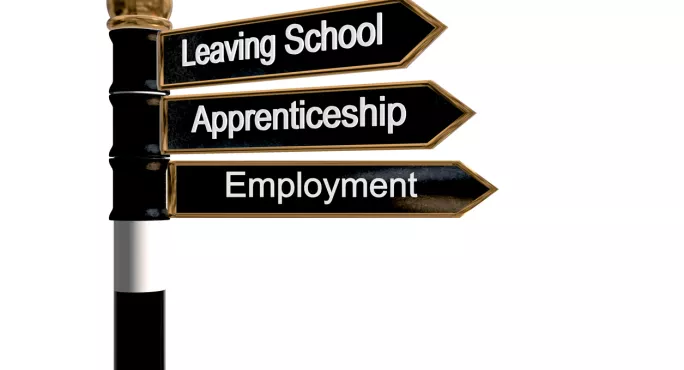Official figures on where last year’s Scottish school leavers ended up nine months after leaving secondary show that more than 90 per cent were in education, training or employment.
The figure of 92.9 per cent of 2018-19 school leavers in a positive destination as of April is a small decrease on the previous year, when 93.3 per cent of school leavers were in a positive destination at the same stage.
The report outlining the statistics published today, Summary Statistics for Follow-Up Leaver Destinations, also acknowledged that they did “not reflect the full impact of the ongoing coronavirus (Covid-19) pandemic”.
Background: Most young people ‘worried about coronavirus impact’
News: Leavers in zero-hours jobs are classed as a success
Reporter’s take: Are these ‘positive destinations’ really so positive?
Survey: Covid-19 ‘widens achievement gap to a gulf’
Widening access: More students from poor areas enter university
Overall, the figures show that 38.4 per cent of last year’s school leavers were in higher education in April (39 per cent the previous year); 28 per cent were in employment (28.3 per cent the previous year); 23.3 per cent were in further education (22.6 per cent the previous year); 2.3 per cent were in training (1.6 per cent the previous year); and 5.8 per cent were unemployed (5.6 per cent the previous year).
Labour education spokesman Iain Gray hit out at the proportion of leavers classed as employed saying the figure included all types of employment, including zero-hours contracts - a weakness Tes Scotland has been pointing out since 2017. Mr Gray also hit out at the “class divide” apparent in the statistics.
Education secretary John Swinney said the gap between young people in Scotland from the most and least deprived areas entering a positive destination had been closing over the past decade. In 2009-10 the gap was 18.7 percentage points, but this year’s figures showed it had fallen to 8.4 percentage points.
However, Gray said that, although there had been improvements, the “access gap” to higher education persisted and remained at more than 30 percentage points.
Mr Gray said: “Although there have been improvements in the percentage of those from the most deprived backgrounds going onto higher education, a gap between the most and least deprived school leavers persists.
“Existing inequalities are likely to have been exacerbated while schools have been closed and the Scottish government must address this - if it doesn’t, progress made may be undone.
“Local authorities desperately need additional funding in order to reopen schools safely and implement learning effectively.”
Mr Swinney said he was determined to support young people through the coronavirus crisis.
He said: “While the proportion of young people studying, training or working within nine months of leaving school has fallen slightly since last year, it is still historically high and testament to the Curriculum for Excellence that gives young people the necessary skills and experiences to progress in life.
“Closing the poverty-related attainment gap remains our defining mission, and the gap between young Scots from the most and least deprived areas entering a positive destination has closed significantly over the last decade. In addition, the proportion of young people going on to further and higher education combined is the highest on record.
“The Covid-19 pandemic will undoubtedly make it harder to for all young people to fulfil their full potential, regardless of their background, and I am determined to support young people through this crisis and succeed in closing the gap.”





